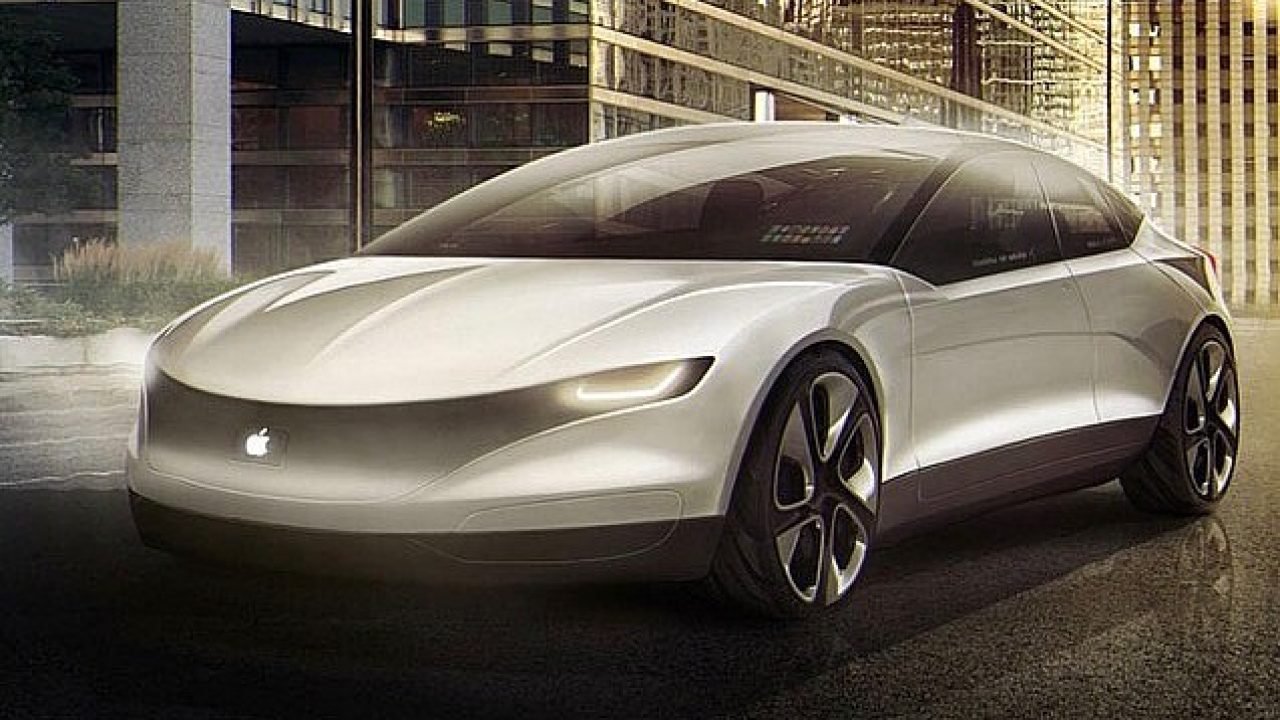Apple Inc. has officially canceled its ambitious decade-long project to build a self-driving electric car. The tech giant is shifting its focus from automobiles to generative AI technology.
Key Highlights:
- Apple’s Project Titan has faced numerous hurdles and changes in direction.
- The company has laid off employees working on the car project.
- Apple will now reallocate resources to generative AI developments.
- The decision marks a major shift in the company’s priorities.
For nearly a decade, Apple has been working on a secretive project, code-named “Titan,” to revolutionize the automotive industry with a self-driving electric car. However, reliable sources now confirm that the company is abandoning this endeavor.
Years of Challenges and Pivots
The Titan project has faced a turbulent journey, plagued by technical difficulties, leadership changes, and shifting strategic goals. Apple initially aimed to design a fully autonomous car but later scaled back ambitions, focusing on developing the underlying self-driving technology. Despite numerous iterations, the company struggled to achieve the breakthroughs necessary to compete in the increasingly crowded electric vehicle market.
The car’s development costs are rumored to have skyrocketed into the billions, while the timeline for release continued to be pushed back. Ultimately, Apple has determined that building a car from scratch might not align with its competitive position in the current market.
The Future of Apple in Automobiles
While the full termination of its car project marks a major setback, it’s unlikely Apple will completely abandon its automotive ambitions. The company could still play a role by developing software solutions for existing carmakers or exploring applications of augmented reality within vehicles. Whether Apple chooses to partner with car companies or carve its own niche in the automotive sector remains to be seen.
Lessons Learned
Apple’s retreat highlights the sheer complexity and immense investment required to break into the automotive industry. It raises questions about whether big tech companies are better suited to partner with established automakers rather than attempt to build entire vehicles from the ground up.
Apple Pivots to AI
With the cancelation of the electric vehicle project, Apple is redeploying its resources into the burgeoning field of generative AI. This technology, which powers tools like ChatGPT, has the potential to revolutionize various industries, from search engines to creative content generation. Apple recognizes that focusing on AI could bring far greater returns on investment than pursuing the costly development of an electric car.
Implications
The decision to abandon the electric car project signals a significant shift in Apple’s strategic priorities. The company, known for its innovative hardware products, is now betting on the promise of generative AI – a space where software development is king. This shift underscores the increasingly competitive landscape in technology, where companies must constantly adapt and identify the most promising opportunities.
While the news is a setback for a project that had generated considerable interest and speculation, it’s likely that Apple will continue to explore potential applications for its technology in the automotive industry. Partnerships with existing automakers to incorporate Apple’s software expertise or advancements in augmented reality for vehicles remain possibilities for the future.



















